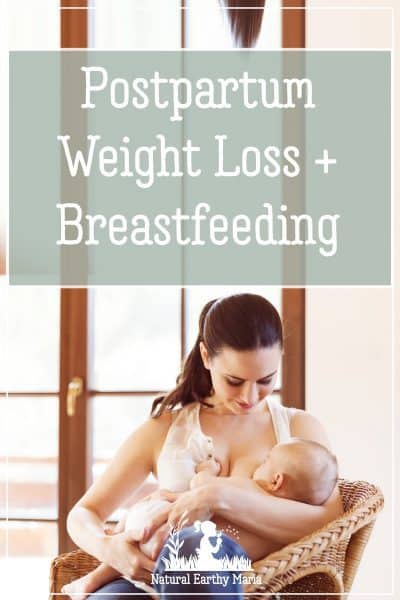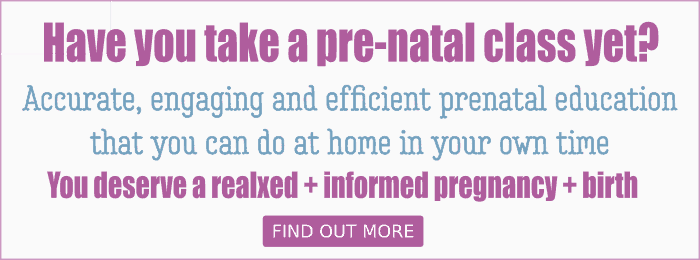 We all expect to gain weight during pregnancy, but a time comes when most of us decide it is time to lose that baby weight and get back in to some sort of shape. Whether we want to lose weight for looks, comfort or simply to re-gain the other half of our wardrobe back, there are some important things you should know about postpartum weight loss while breastfeeding.
We all expect to gain weight during pregnancy, but a time comes when most of us decide it is time to lose that baby weight and get back in to some sort of shape. Whether we want to lose weight for looks, comfort or simply to re-gain the other half of our wardrobe back, there are some important things you should know about postpartum weight loss while breastfeeding.
The last thing you want to do in an attempt to lose weight is to lower your milk supply and end up with a hungry baby. There are some signs that your milk supply isn’t what is was, so keep an eye out for that.
Please read: This information is provided for educational purposes only and is not intended to treat, diagnose or prevent any disease. We encourage you to make your own health care decisions in partnership with a qualified health care professional.
This post contains affiliate links, this means at no extra cost to you, we make a commission from sales. Please read
our Disclosure Statement
If you milk supply does drop, check out these tips on increasing your milk supply.
What happens to your body during pregnancy and breastfeeding
During pregnancy and especially during breastfeeding, your body becomes more insulin resistant.
Insulin is the hormone that controls weight gain and weight loss. It is the stuff your body secretes when you eat sugar and other carbohydrates like grains, starches and fruit. It also controls the access to your stored fat.
Insulin resistance is when your cells are resistant to the effects of insulin, so your body needs to secrete more insulin to have the same effect that it used to have. This results in raised insulin levels and increased carb/sugar cravings.
High insulin levels plus increase carb intake equals weight gain.
Women with Polycystic Ovarian syndrome (PCOS) or type two diabetes are more prone to weight gain during pregnancy and breastfeeding due to an already high level of insulin and long standing insulin resistance.
Insulin and milk production
In some women, the high levels of insulin and insulin resistance related to PCOS or type two diabetes can block some of the hormone receptors that encourage breast development and milk production.
These women may struggle with poor milk supply. The most effective way to improve the milk supply in this situation is to look at ways to decrease the insulin levels in the blood.
Milk supply and calories
Your body needs about an extra 500 calories per day to help make enough milk for your growing baby. This is why you are so hungry when you are breastfeeding. For many women, this is enough for them to manage to lose weight simply by breastfeeding.
If you have insulin resistance however, this increase in caloric demand will not increase your weight loss, it will merely make you feel more hungry.
It is really important that if you are breastfeeding and trying to lose weight, that you take the process slowly, and ensure that you are eating enough calories to keep your milk supply up.
This means that the classic low calorie diets are not the way to achieve healthy postpartum weight loss.
If at any point during your postpartum weight loss journey, you are finding that your milk supply is dropping, you need to look carefully at how many calories you are eating, and what foods they are coming from, as well as checking that you are drinking enough water.
RELATED POST: Breastfeeding essentials
5 Steps to Losing Weight While Breastfeeding
1 Keep your carbohydrate intake low
Despite craving carbs while breastfeeding, to lose weight, you need to keep your carbohydrate intake low, ideally under 50 grams per day. This means cutting out sugar, starches and most fruits.
This will lower your body’s insulin levels and keep them low, allowing you to access your stored fat.
2 Eat Real Food
Breastfeeding is taxing on the body. You are not only maintaining your own body but you are growing a whole another one! Eat plenty of real food in as close to natural state as possible.
Avoid processed foods which includes almost anything that comes in a packet. Stick to real (cooked) meat, eggs, fish, vegetables and berries as well as healthy fats.
3 Eat plenty of fat
A large amount of the nutrition in your breast milk is in the form of fat. Your baby needs plenty of fats as 60% of the brain and nerves are actually made of fat.
Eating plenty of fat also keeps your body full for longer, and encourages your body to create more fat burning machinery called mitochondria.
Get your fats from healthy, natural sources – butter, tallow, lard, dripping, coconut oil, avocado, olives, oily fish and nuts.
Avoid all the industrial oils – corn, soy, canola and rice bran – these are all chemically extracted, highly inflammatory and will not help you lose weight.
4 Eat enough
I am not going to give you a set number of calories that you need to be eating, as the requirements vary so much depending on your personal situation. Just remember that your baby needs about 500 extra calories.
Trust your body’s hunger signals. If you are hungry, eat. But eat whole, real foods with plenty of satisfying fats and ample protein. Add plenty of salt to your meals and drink to thirst.
Keep those carbohydrate levels as low as possible in your foods.
5 Move some
Movement has been shown to increase your weight loss by up to 36%. This is because it improves insulin resistance, builds muscle mass which boosts your metabolism, and it makes you feel better which will result in you making better food choices. And of course it does increase your calorie expenditure.
It can be as simple as taking baby for a 30 minute walk around the block while they nap. Or you might like to do some at home yoga classes, or sign up for the MUTU system, that is a strengthening course designed for moms.
Remember weight loss while breastfeeding will be slower than ‘normal’ weight loss, but it is possible to do with out losing your breast milk supply.
One of the most effective diets to follow to lose weight while breastfeeding is the ketogenic diet. This ticks all the boxes above, and works wonderfully for breastfeeding mothers.
If you are interested in being guided through the ketogenic lifestyle check out our Keto Kickstarter, or if you want some real accountability with Real Results, join our next Simply Ketogenic Life Bootcamp.





